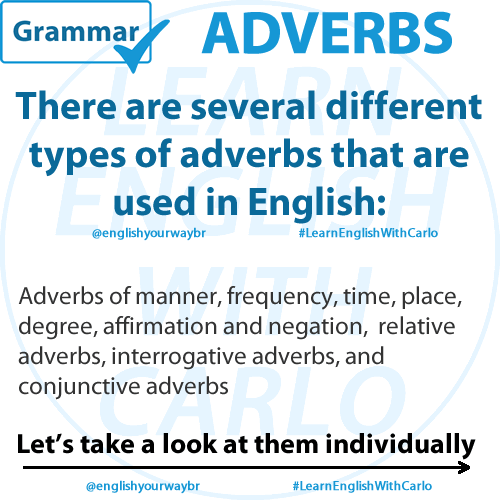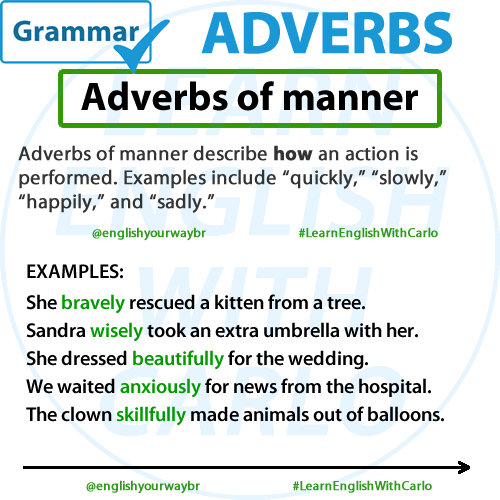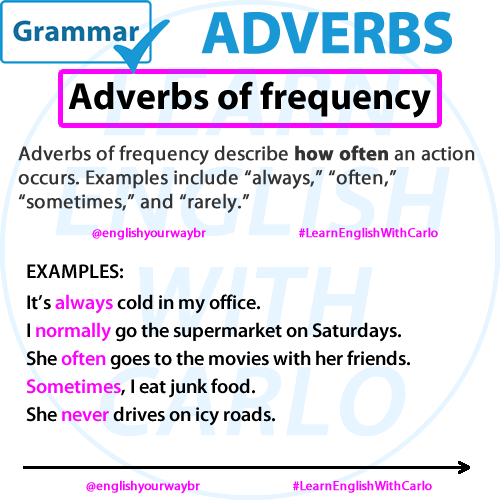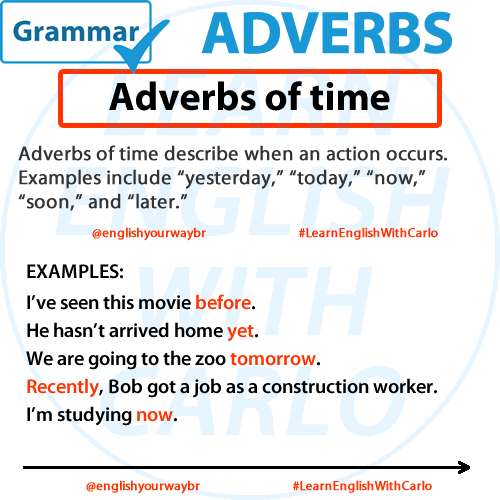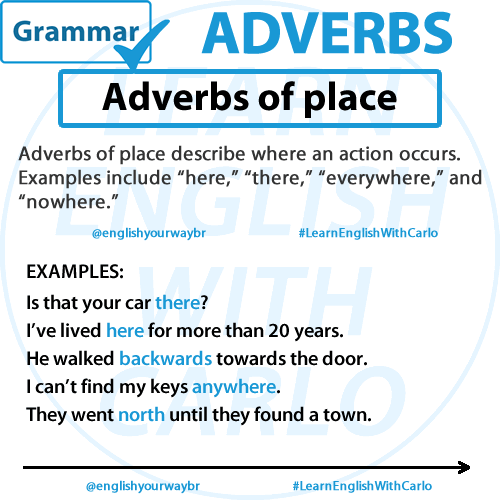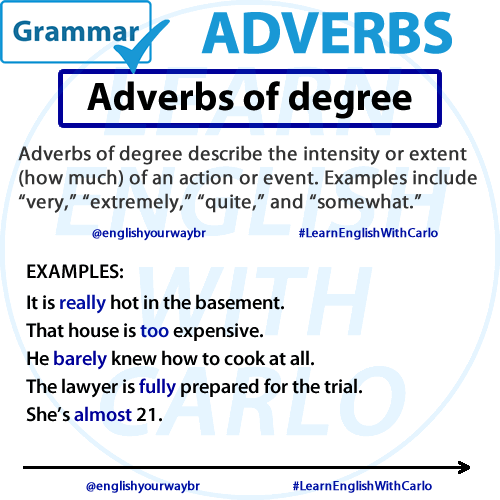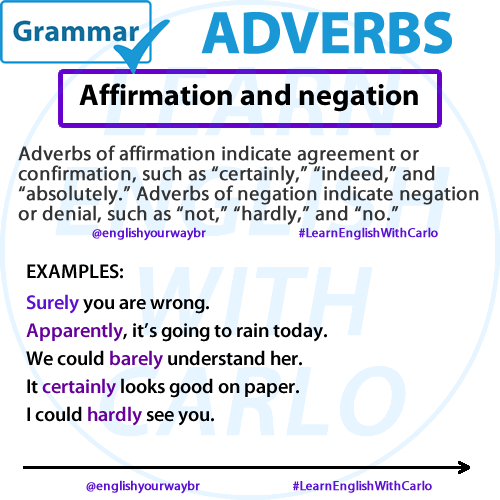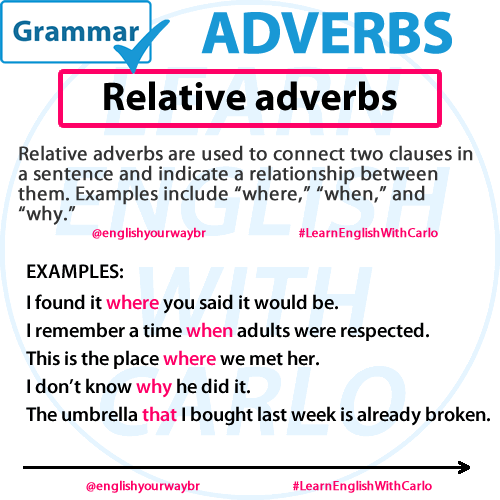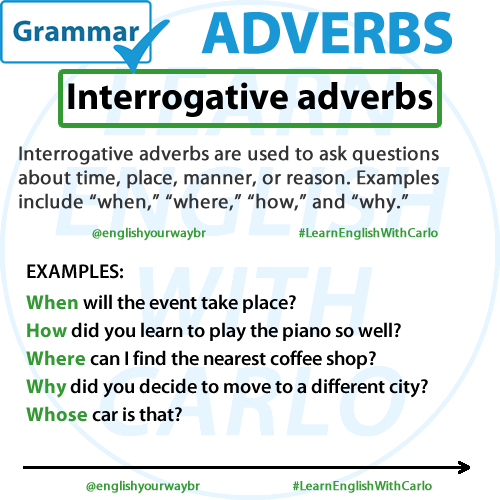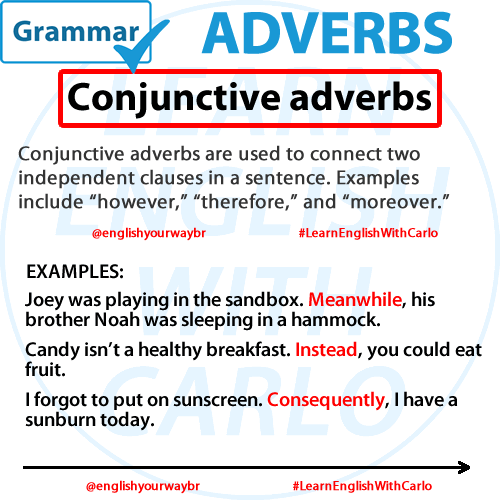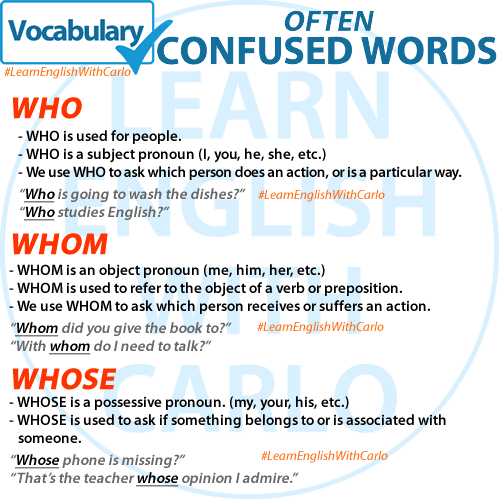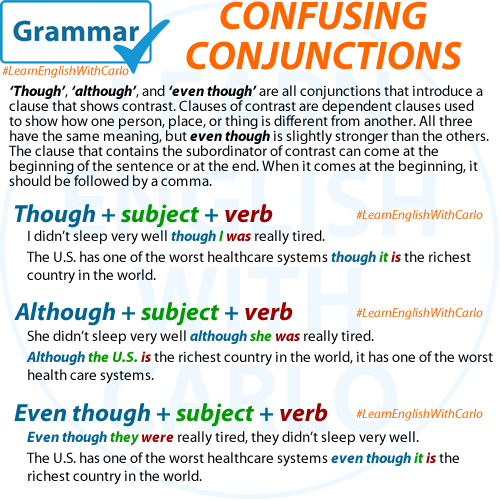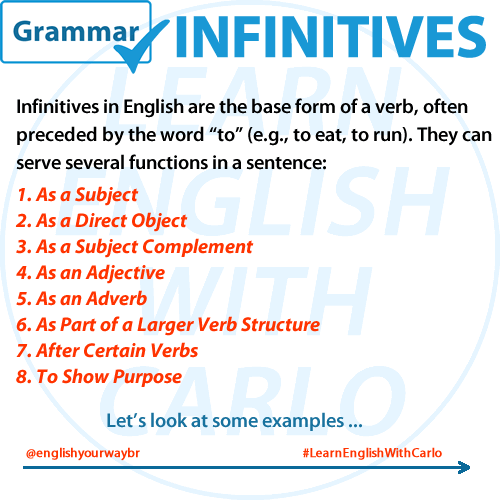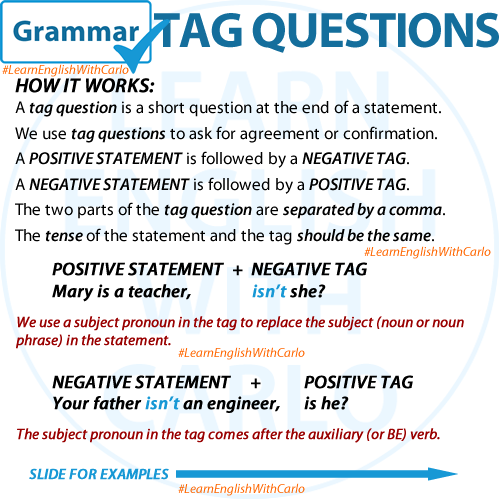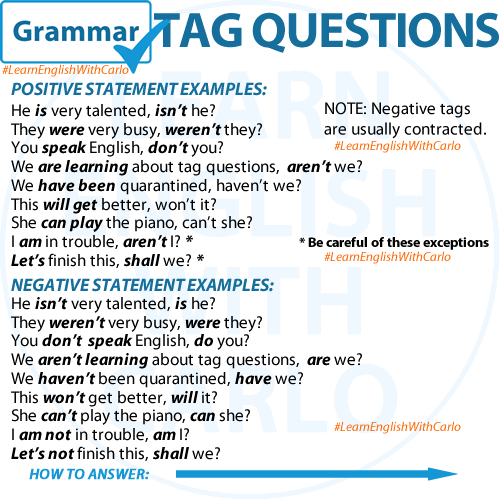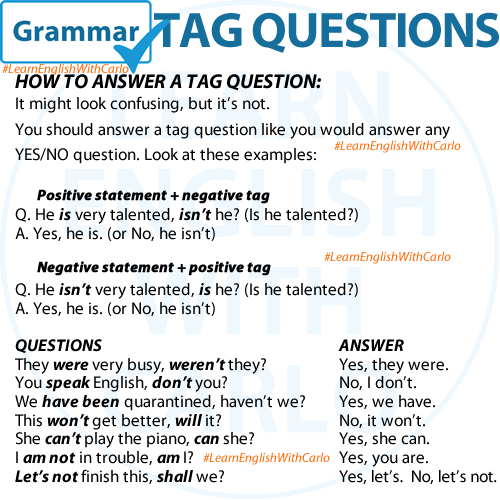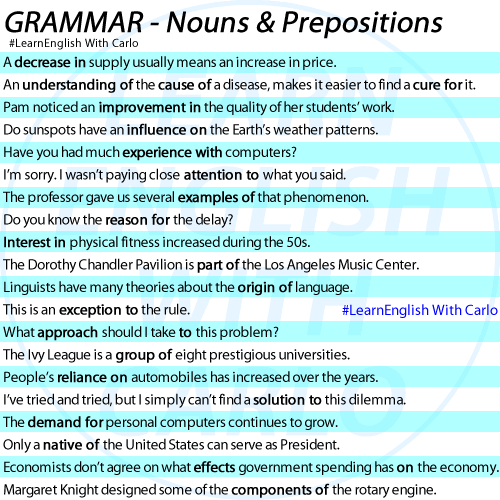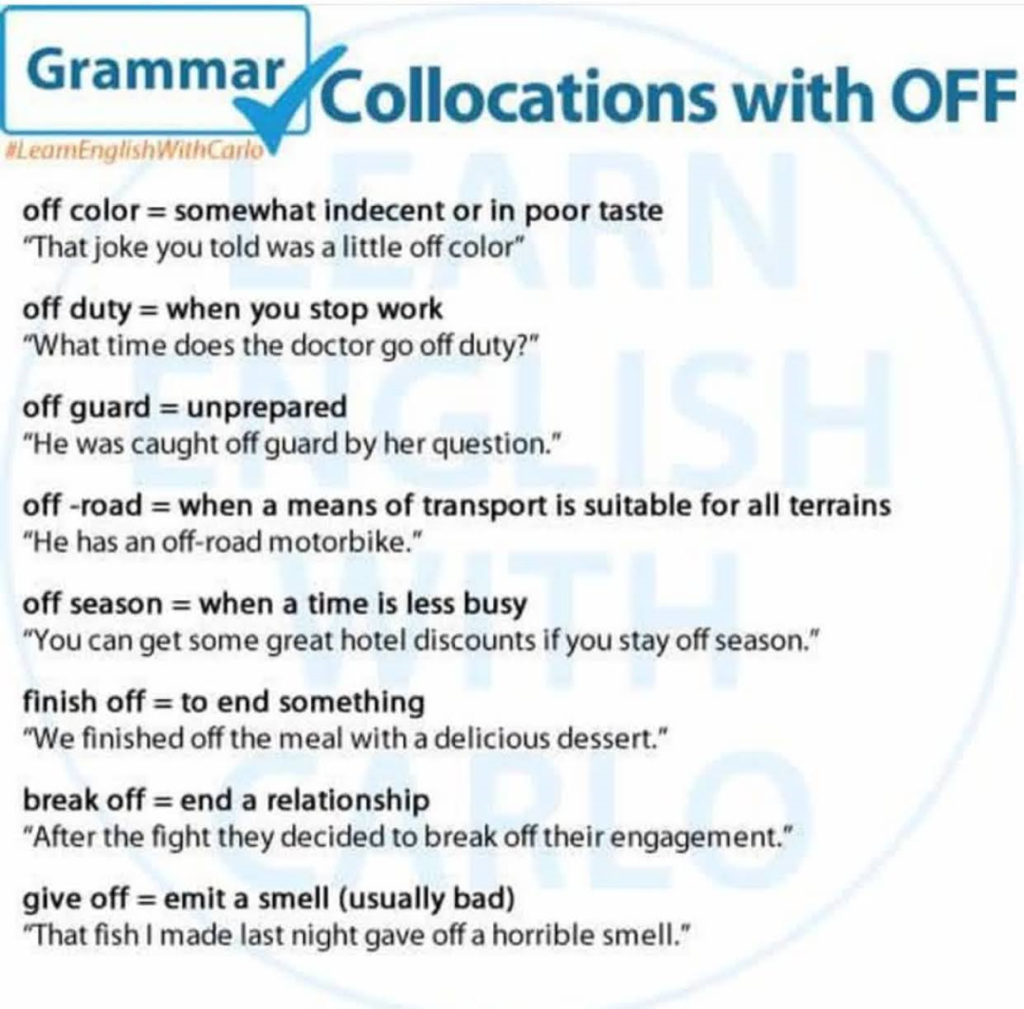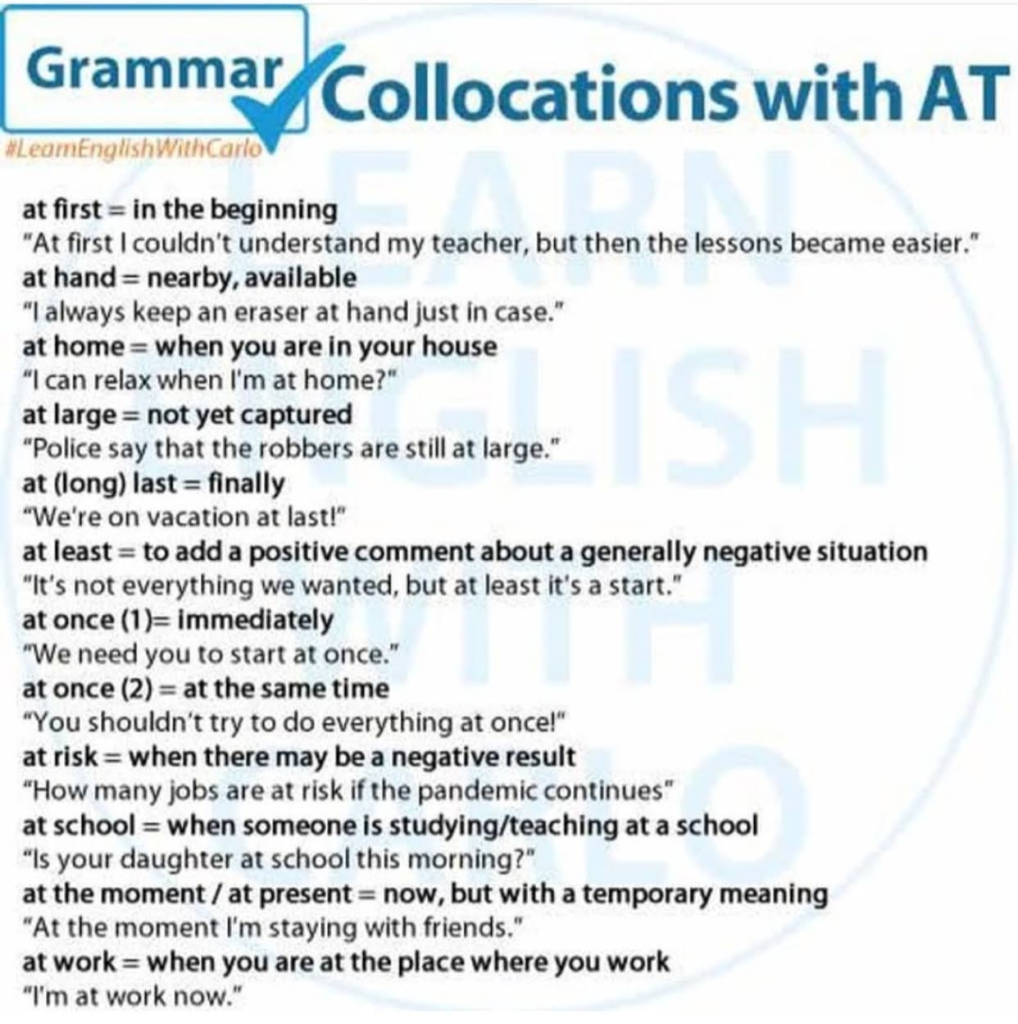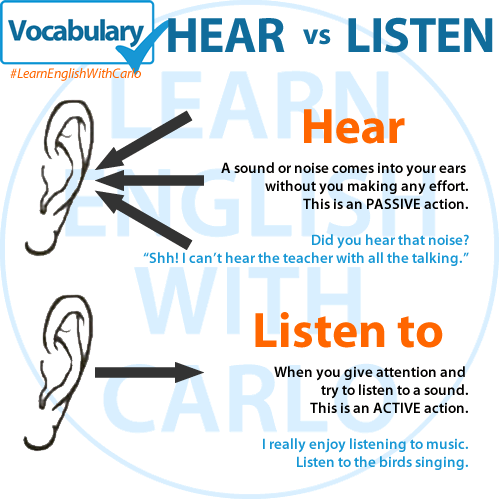The causative form is a grammatical structure used when one person causes another person to do something. It’s a common form in English and is often used to indicate that someone has arranged for an action to be done by someone else.
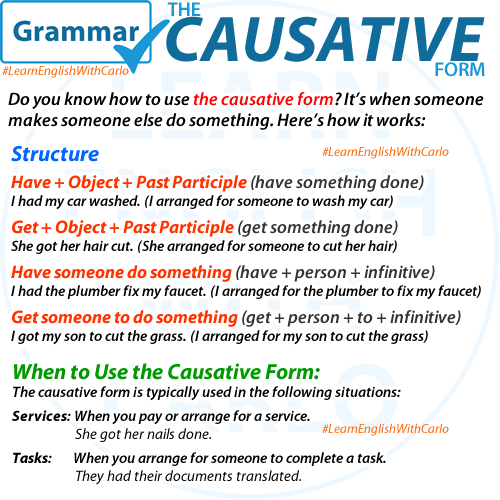
Structure of the Causative Form
There are two main ways to form the causative in English:
- Have + Object + Base Verb (have something done)
This structure is used to indicate that someone arranges for someone else to do something.
Examples:- I had my car washed. (I arranged for someone to wash my car)
- She had her house cleaned. (She arranged for someone to clean her house)
- Get + Object + Past Participle (get something done)
This structure also indicates that someone arranges for someone else to do something, but it often implies a bit more effort or persuasion.
Examples:- He got his watch fixed. (He arranged for someone to fix his watch)
- They got their lawn mowed. (They arranged for someone to mow their lawn)
- Have someone do something (have + person + infinitive)
This structure also indicates that someone arranges for someone else to do something, but it often implies a bit more effort or persuasion.
Examples:- He got his watch fixed. (He arranged for someone to fix his watch.)
- They got their lawn mowed. (They arranged for someone to mow their lawn.)
- Get someone to do something (get + person + to + infinitive)
This structure usually means “to convince to do something” or “to trick someone into doing something.”- Susie got her son to take the medicine even though it tasted terrible. (She tricked him into taking it.)
- How can parents get their children to read more? (How can they convince them to read more?)
- Let someone do something (let + person + verb)
This structure means “to allow someone to do something.”
Examples:- John let me drive his new car. (John allowed him to drive the car.)
- Will your parents let you go to the party? (Will they allow you to go?)
- Make someone do something (make + person + verb)
This structure means “to force someone to do something.”
Examples:- My teacher made me apologize for what I had said. (She forced me to say sorry.)
- She made her children do their homework. (She forced them to do their homework.)
When to Use the Causative Form
The causative form is typically used in the following situations:
- Services: When you pay or arrange for a service.
Example: She got her nails done. - Tasks: When you arrange for someone to complete a task.
Example: They had their documents translated.
Examples in Context
Let’s look at some more examples to understand how the causative form is used in different contexts:
- Education:
The teacher had the students write an essay. (The teacher made the students write an essay) - Healthcare:
He got his blood pressure checked. (He arranged for someone to check his blood pressure) - Daily Life:
We had our groceries delivered. (We arranged for someone to deliver our groceries)

